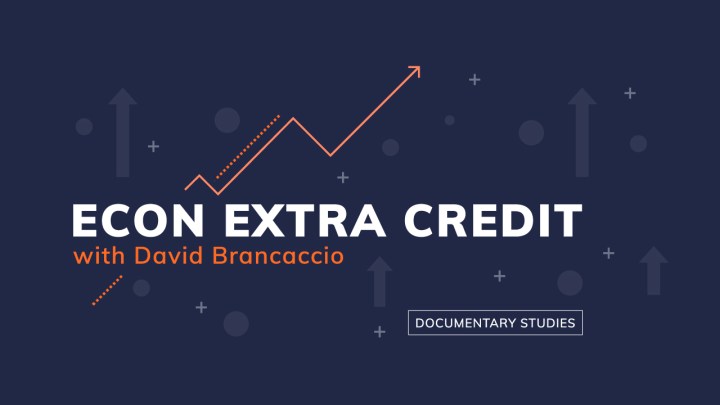
Alexandru, an Uber driver, received a final warning from the company that if he continued with “fraudulent behavior,” he’d have his account deactivated. As it turned out, Alexandru had done nothing wrong. Uber’s fraud detection systems mistakenly sent him warnings.
“It is an example that is too often the case in the gig economy, where the machine flags some kind of behavior, managers are not able to explain it, and, oftentimes, these workers face termination because of it,” said James Farrar, the founder and director of Worker Info Exchange, a nonprofit that recently published a groundbreaking report detailing experiences like Alexandru’s.
In this month’s documentary selection, “The Gig Is Up,” we saw the toll that the gig economy takes on its workers, despite its promising greater freedom. Organizations like Worker Info Exchange are trying to push the leading platforms to be more transparent.
Farrar joined David Brancaccio to discuss the lack of recourse employees have when algorithms govern their jobs, the flaws with facial recognition software and the future of data privacy.
Through laws such as the California Consumer Privacy Act, which lets people opt out of having their data shared or sold, we’re beginning to see data protection rights expand in the U.S., Farrar said. “As people are working more remotely, they’re being surveilled and managed digitally. I think there is an acceleration in the need and understanding of where digital rights fit within worker rights,” he added.
Having watched the film, listener Steven P. picked up on parallels between Amazon’s payments to workers in the form credits and much older labor practices:
“I thought of the coal mining industry about a hundred years ago doing the very same thing to their employees (cue Tennessee Ernie Ford’s “16 Tons“: “I can’t afford to die. I owe my soul to the company store.”)”
Listener Delaney raised the question of whether algorithms were replacing the notion of “personal taste”:
“Algorithms are the new alternative, I guess, considering Spotify Wrapped, for instance. It’s all very “Black Mirror,” but our growing reality for sure. I sometimes wonder if I have personal taste anymore because so many of my decisions are fueled by these micro workers and algorithmic functioning.”
Thanks for reading, listening and watching along with us.
There’s a lot happening in the world. Through it all, Marketplace is here for you.
You rely on Marketplace to break down the world’s events and tell you how it affects you in a fact-based, approachable way. We rely on your financial support to keep making that possible.
Your donation today powers the independent journalism that you rely on. For just $5/month, you can help sustain Marketplace so we can keep reporting on the things that matter to you.


















